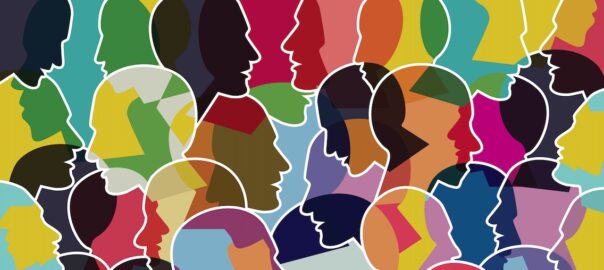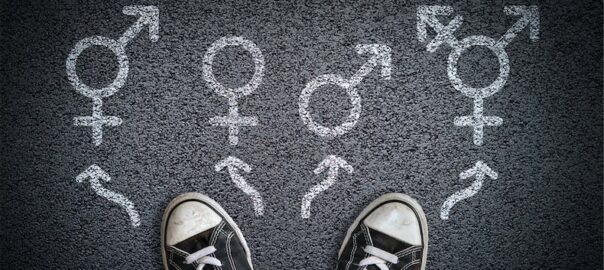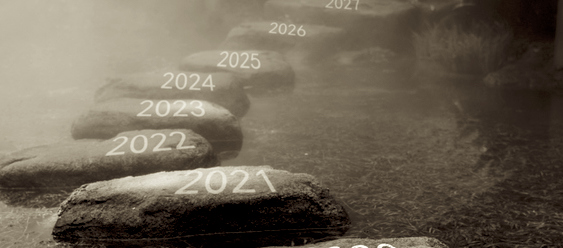
In such volatile times, prudence is a special virtue. The moment the words gender and sex are used, accusations start flying and anger overtakes reason. In this essay, I am going to share some principles for a new civil consensus on sex and gender issues, especially in public education and public square debates.
I am NOT advocating any kind of coercive ideological or religious conformity – just the opposite. I am searching for principled compromise that will lower the temperature, restore toleration (as a virtue of living with our differences, not being forced to affirm ideas we reject), and offer a way forward for the common good. I think liberals and conservatives dedicated to the highest ideals of freedom of conscience can find some level of agreement. Radical activists will never be satisfied with anything other than cowing their opponents and compelling eternal penance from any who differ.
Principle One: We must acknowledge that we live in a pluralistic society and that freedom of conscience is a first freedom that establishes all others. Political and social majorities do not have the right to impose their beliefs on minorities. We can celebrate cultural, ethnic, and religious diversity, and the free market of ideas.
Principle Two: We want all people to being their highest selves to work and public service; therefore, we are not demanding that religious convictions be checked at the door. We are expecting maturity that affirms Principle One and works for principled consensus.
Principle Three: The family is the primary educator and purveyor of values and worldviews. The state does not have the right to compel belief or speech contrary to conscience. Expressing deeply held moral convictions is not hate speech or violence, provided our citizens learn to share them with respect. For example, my belief that sexual intimacy is reserved for lifelong, heterosexual, monogamous marriage is not intolerance, for I share these ideas with neighbors who see the universe differently and they have the same right to share their convictions.
Principle Four: Sex education in public schools should focus on biological changes and reproduction, leaving gender ideology to the family. There is no place for schools to secretly oppose family values or impose their ideas in or out of the classroom.
Principe Five: People with body dysphoria deserve love and compassion and good counsel. Any medical procedures, from drugs to surgery, should be reserved for adults and paid for by the persons seeking the changes. If a 10-year-old boy wants to be a girl, he/she can seek out specific treatments once they are 18 or 21, just like other adult activities. In most cases, experimentation with gender and identity finds its natural place eventually (as the brain matures in the early 20s), so serious interventions are premature, unproven, and even dangerous to long-term well-being.
Principle Six: We must restore toleration to its original meaning of living peaceably with our deepest differences. Toleration is not compelled agreement. No business or artist should be compelled to promote ideas that violate their conscience. It is interesting noting that activists never target Jewish, Muslim, Hindu, or Buddhist bakeries or businesses, only ones owned by Christians.
Principle Seven: The mostly binary nature of humankind and the animal kingdom is a scientific fact. Exceptions exist, but we have allowed exceptions to become the rule and distort obvious statements of fact. A woman is an adult biological female. She may be attracted to the opposite or same sex, but she is a female. A man is an adult biological male. The DNA and biology do not lie. This said, we are not demanding that adults who have crafted a particular identity be prohibited form living peaceably in our world. Those who disagree with these choices are not evil.
Principle Eight: Human beings are complicated and there should never be bullying, intimidation, or any kind of intolerance or violence toward people who see the world differently. This does not mean I celebrate ideas I differ with. This does mean that we must not reduce maleness and femaleness to time-bound idols, personality and interest types, or particular subcultural characteristics. We must desire that all people flourish and bring their gifts to our world.
It is impossible to address these issues without provoking reactions. Good! Reactions mean we care. The question is, will we move from reaction to true toleration? I live among neighbors who see the world very differently. I have family members with diverse worldviews. We argue, debate, and then have dinner. May we find the courage and compassion to do the same.




